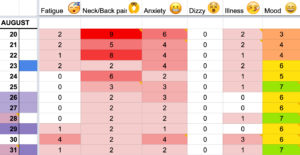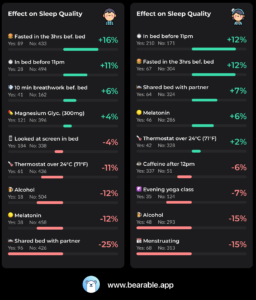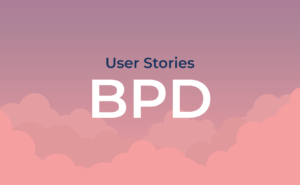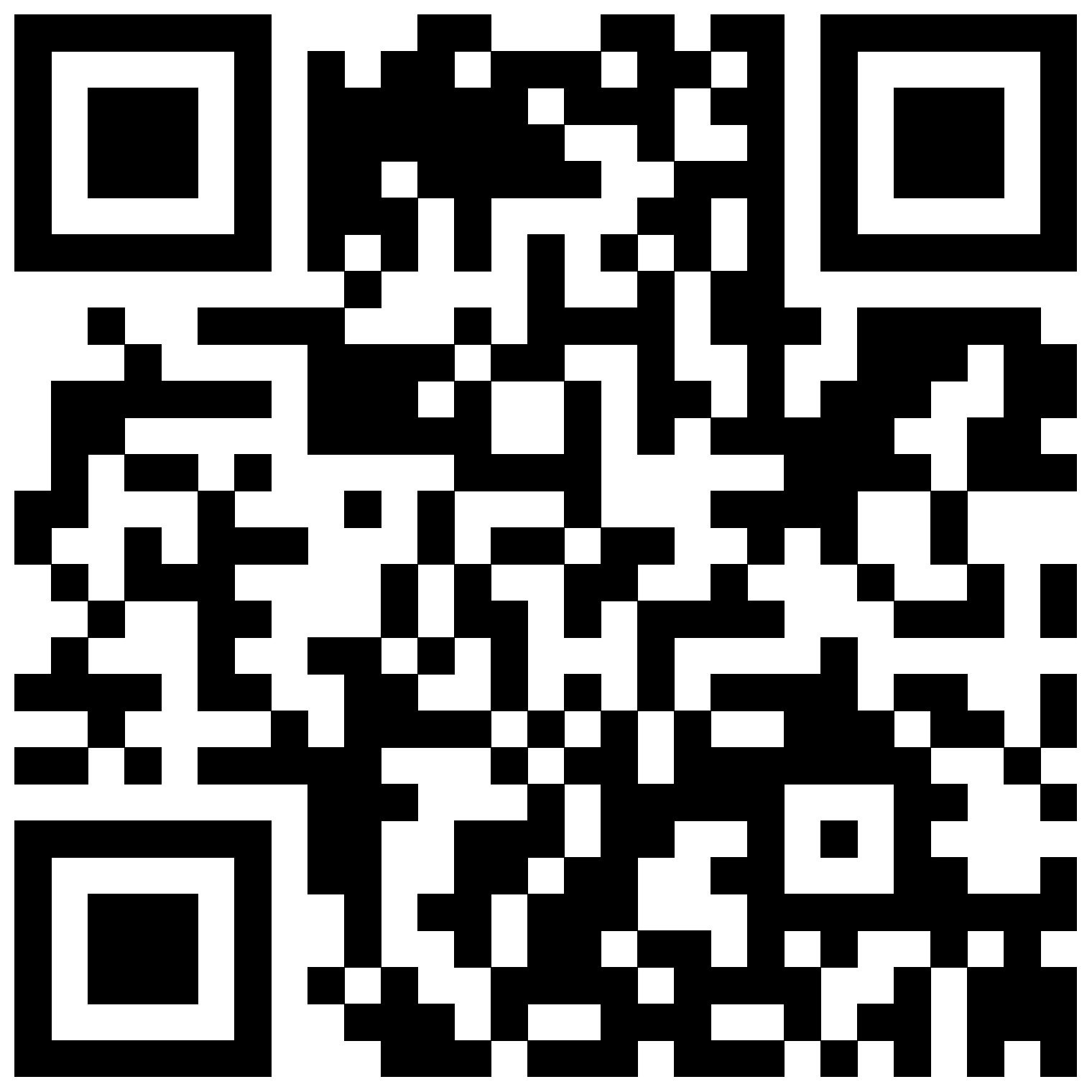Having suffered with my own chronic health conditions, I know all too well the frustration of coming out of an appointment with my doctor or therapist knowing that I hadn’t been able to give them a full and clear picture to allow them to make a better assessment of me.
This is unsurprisingly a very common frustration when you consider the brain fog and general difficulty thinking straight that comes along with many mental and physical health conditions.
This often leads to no diagnosis, a very tentative diagnosis, or at worst, a misdiagnosis. Speaking from personal experience this then sets off a wild goose chase as you go from consultant to consultant in search of answers, in addition to the hours spent on Dr. Google.
I was sick and tired of feeling sick and tired, so I started tracking my mood, symptoms and other daily factors, in the hope that it would help me to understand, and thus feel more in control of, my health. On the bad days, let’s face it, no-one really wants to write much detail, if anything at all. So I created a simple one-click rating method for my mood and symptoms using a spreadsheet with the option to add a note if I felt up to it. This simple process not only helped me to spot some patterns and provide health professionals with more detail but also had a few unexpected benefits:
1. Therapeutic
Journaling made me feel like a weight was being removed, almost as if I was sharing the burden of emotions I had attached to the days’ issues and events.
2. Purpose
Making journaling a daily habit gave me some sense of purpose, especially on the days I was unable to do much else. I always felt like I had done one positive thing for the day.
3. Perspective
When you are having a bad day it’s easy to get caught in the moment worrying that you will always feel that way. Also, with the brain’s natural negativity bias you are more likely to remember the bad days. Journalling provided a sense of perspective. Now I look back at bad days, which at the time felt like an eternity, only to see they often actually lasted just a few hours, and soon realised that I had a lot more good days than I first thought.
Once I started to step back and think of those difficult moments simply as tiny coloured blobs of information amongst my hundreds of other journal entries, I found I was much less likely to get stuck in the moment and spiral into anxiety, as I was more confident that those moments would pass, as they had done before.
“It seemed like the more information I collected, the more knowledge I gained about my mind and body and thus, the more in control I started to feel.”
However, recording into spreadsheets and word documents every day was not very convenient and had several limitations. I looked for other apps, but many were narrowly focused on one particular health factor or condition, often feeling clinical and unsatisfying to use, or were slow and overcomplicated, without providing any useful insights.
Thus the idea for the Bearable app was born. I set out to create something people could enter into on the go, which recognised the importance of the connection between the mind and body. I wanted somewhere people could keep their mood and symptom entries in one place together with other health factors such as sleep, diet, exercise, medication, supplements, etc. It makes no sense to me to keep all this health data in separate apps when each can greatly impact one another.
The most important thing for me was to make the entry process effortless and satisfying enough for people to make it a daily habit, but with the option to go into more detail if they wanted. In that sense, I would have an app that could be as simple or as complex as the user wanted it to be.
– – – – – – – – – – – – – – – – – – – – – – – – – – – – – –
Start to reclaim control over your well-being today! Download Bearable for free on Apple or Android.




















